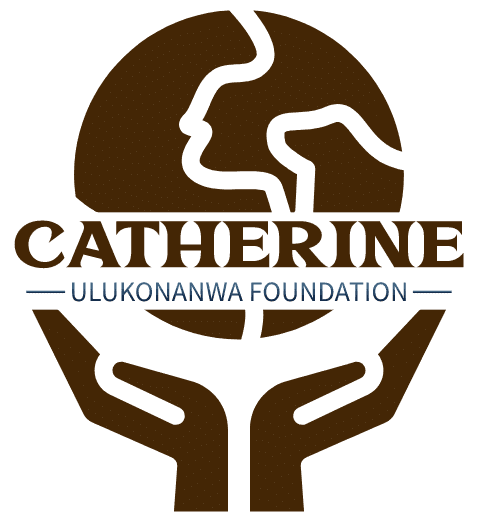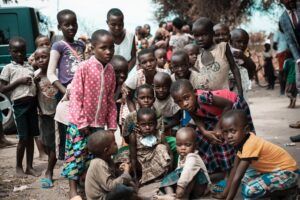Diabetes is a chronic disease that affects millions of people worldwide. It occurs when the body is unable to produce or properly use insulin, a hormone that regulates blood sugar levels. This can lead to a range of serious health complications, including heart disease, stroke, kidney failure, and blindness.
In Nigeria, diabetes is a significant public health concern. According to the International Diabetes Federation, an estimated 2.6 million people in Nigeria have diabetes, and this number is expected to rise in the coming years. However, the burden of diabetes is not evenly distributed across the population. Studies have shown that vulnerable communities, such as those living in poverty or with limited access to healthcare, are at a higher risk of developing diabetes and experiencing its negative effects.
The Catherine Ulukonanwa Foundation is committed to addressing the issue of diabetes in vulnerable communities in Nigeria. Through our medical support program, we aim to raise awareness about the causes, prevention, and dangers of diabetes, as well as provide medical support for individuals with diabetes. Our program includes education and awareness campaigns to help people understand the disease and take steps to prevent it, as well as providing access to diabetes screenings, medication, and other treatments for those who are already affected.
We also recognize the importance of addressing the underlying social determinants of health that contribute to diabetes in vulnerable communities. For example, poverty and limited access to healthy food options can increase the risk of diabetes. As such, our micro-business support program helps widows and widowers who are economically vulnerable to start their own micro-businesses, providing them with a sustainable source of income and enabling them to support themselves and their families.
By working to address the issue of diabetes in vulnerable communities, the Catherine Ulukonanwa Foundation is not only helping to improve the health of individuals and families, but also helping to build stronger and more resilient communities.
In addition to the medical support program, the Catherine Ulukonanwa Foundation also focuses on community-based interventions to address diabetes in vulnerable communities. This includes partnering with local organizations and community leaders to provide education and awareness campaigns, as well as working with community health workers to provide diabetes screenings and follow-up care for those who are at high risk or already have diabetes.
The foundation also focuses on addressing the underlying social determinants of health that contribute to diabetes in vulnerable communities. This includes working with local governments and organizations to improve access to healthy food options, such as through community gardens and nutrition education programs. Additionally, the foundation advocates for policies and programs that address poverty and income inequality, recognizing that these issues are closely linked to diabetes and other chronic diseases.
Another important aspect of our work is addressing the stigma and discrimination associated with diabetes, which can prevent people from seeking help and support. Through our education and awareness campaigns, we work to educate people about the causes and effects of diabetes, and to dispel myths and misconceptions about the disease.
Overall, the Catherine Ulukonanwa Foundation is committed to a comprehensive and holistic approach to addressing diabetes in vulnerable communities in Nigeria. By working with individuals, families, and communities, we strive to improve the health and well-being of those affected by diabetes, and to build stronger, more resilient communities.



